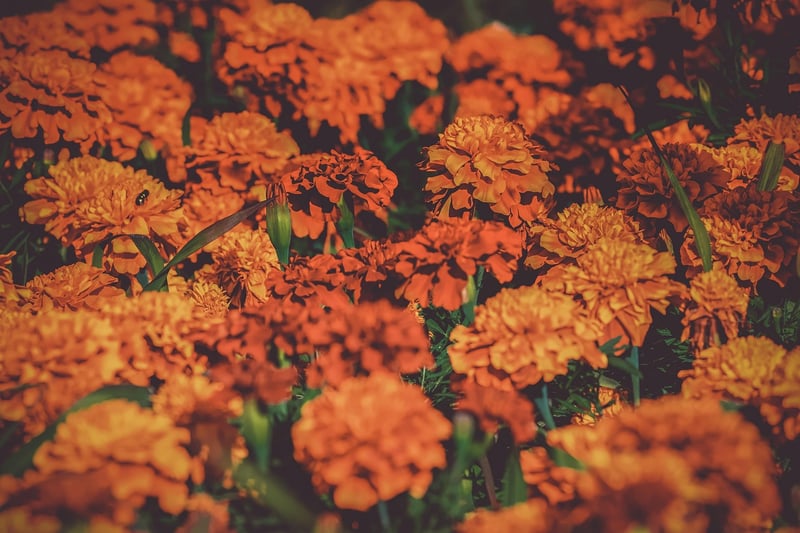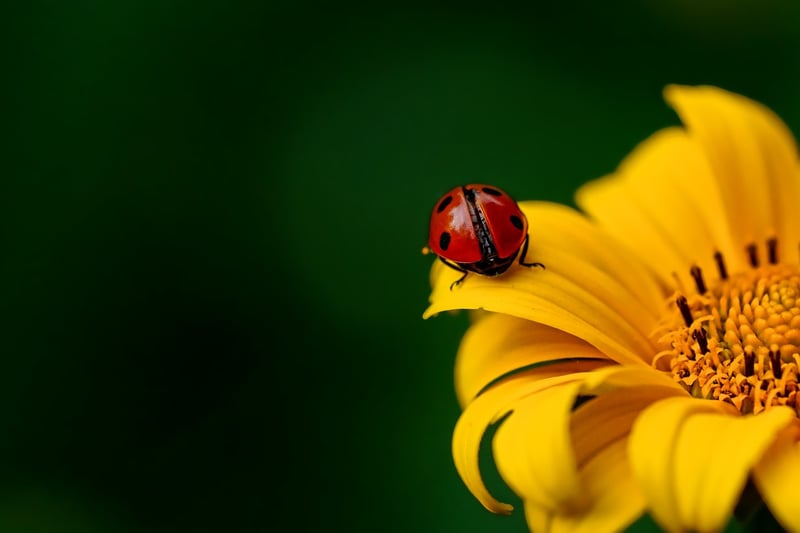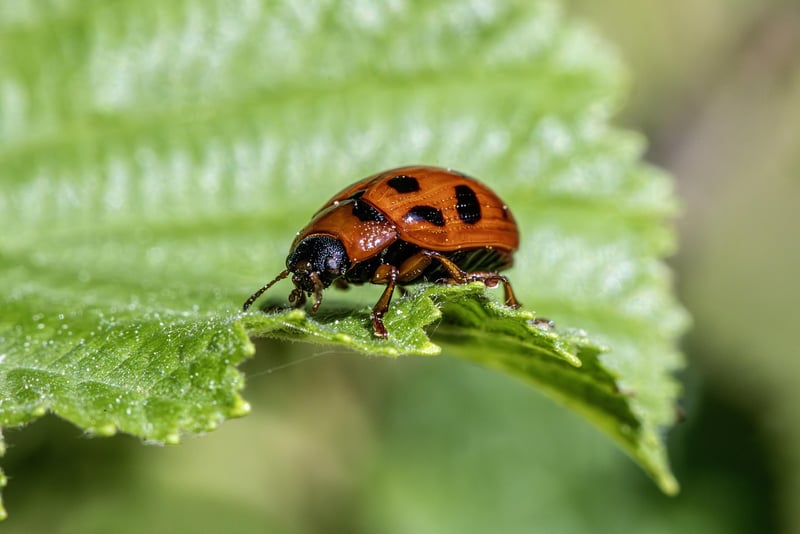Natural Pest Control
Environmentally Friendly Gardening and Natural Pest Control
Creating a thriving garden while being mindful of the environment is a rewarding and sustainable practice. By utilizing natural pest control methods, you can maintain a healthy garden ecosystem without resorting to harmful chemicals. Let's explore some eco-friendly gardening techniques and natural pest control strategies to help you achieve a beautiful garden in harmony with nature.
Companion Planting
Companion planting involves growing different plants together to benefit each other. Some plants naturally repel pests, while others attract beneficial insects that prey on garden pests. For example:
- Marigolds can deter nematodes and attract ladybugs.
- Lavender repels mosquitoes and moths.
- Basil can protect tomatoes from pests like aphids and tomato hornworms.

Organic Mulching
Mulching not only helps retain moisture and suppress weeds but also creates a habitat for beneficial insects. Organic mulches like straw, leaves, or grass clippings can improve soil health and attract earthworms that aerate the soil naturally.

Homemade Pest Sprays
You can create natural pest control sprays using common household ingredients. For example:
- Garlic and chili pepper spray can deter aphids and caterpillars.
- Neem oil spray is effective against mites, aphids, and other common garden pests.
Beneficial Insects
Attracting beneficial insects like ladybugs, lacewings, and predatory wasps to your garden can help control pest populations naturally. Planting flowers such as alyssum, dill, and yarrow can provide nectar and pollen for these helpful insects.

Handpicking Pests
Sometimes the most effective method of pest control is simply handpicking them off your plants. Regularly inspect your garden for pests like caterpillars, snails, and beetles, and remove them by hand to prevent infestations.
Conclusion
By adopting environmentally friendly gardening practices and natural pest control methods, you can cultivate a vibrant garden while preserving the ecosystem. Embrace these sustainable techniques to create a beautiful and thriving garden that benefits both you and the environment.
